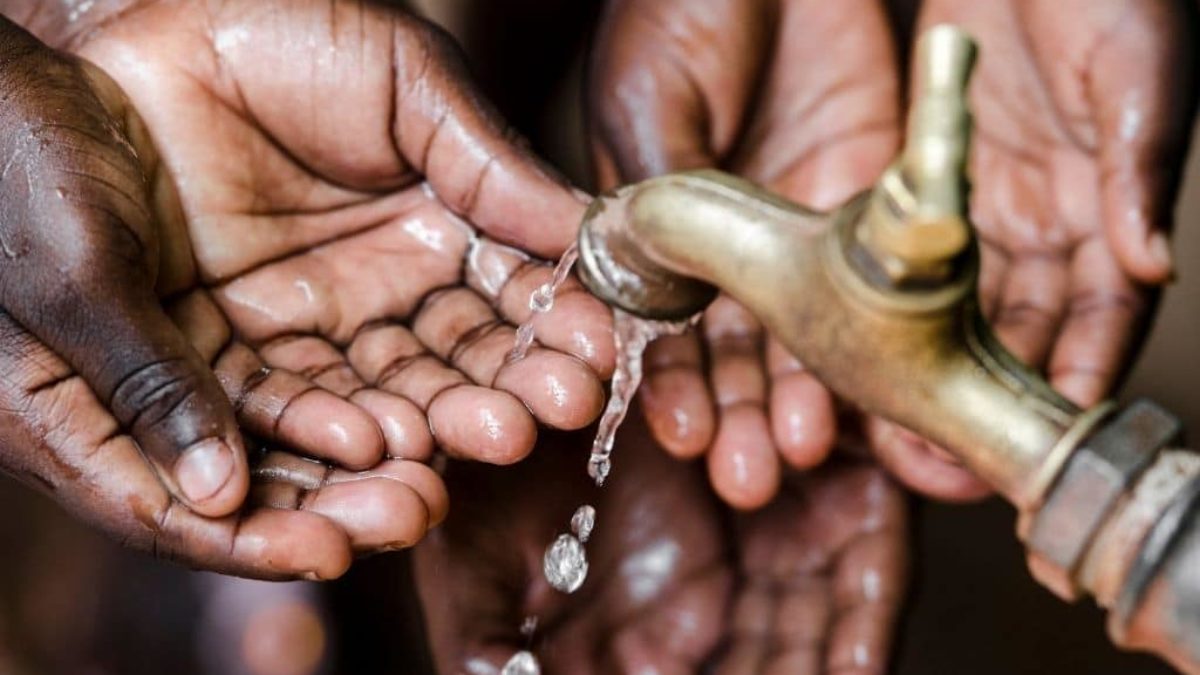


 3:29:5
3:29:5  2023-10-02
2023-10-02  1786
1786

Water solutions
Reality Of Islam |
|

Get ready f

Researchers

A new metas

As air frye
 9:3:43
9:3:43
 2018-11-05
2018-11-05
10 benefits of Marriage in Islam
 7:5:22
7:5:22
 2019-04-08
2019-04-08
benefits of reciting surat yunus, hud &
 9:45:7
9:45:7
 2018-12-24
2018-12-24
advantages & disadvantages of divorce
 11:35:12
11:35:12
 2018-06-10
2018-06-10
 6:0:51
6:0:51
 2018-10-16
2018-10-16
 8:3:0
8:3:0
 2018-06-21
2018-06-21
 3:43:50
3:43:50
 2022-11-05
2022-11-05
 2:42:26
2:42:26
 2023-02-02
2023-02-02
 2:33:4
2:33:4
 2023-02-15
2023-02-15
 2:13:43
2:13:43
 2022-05-27
2022-05-27
 3:42:22
3:42:22
 2021-12-24
2021-12-24
 5:57:34
5:57:34
 2023-03-18
2023-03-18
 5:41:46
5:41:46
 2023-03-18
2023-03-18
| LATEST |